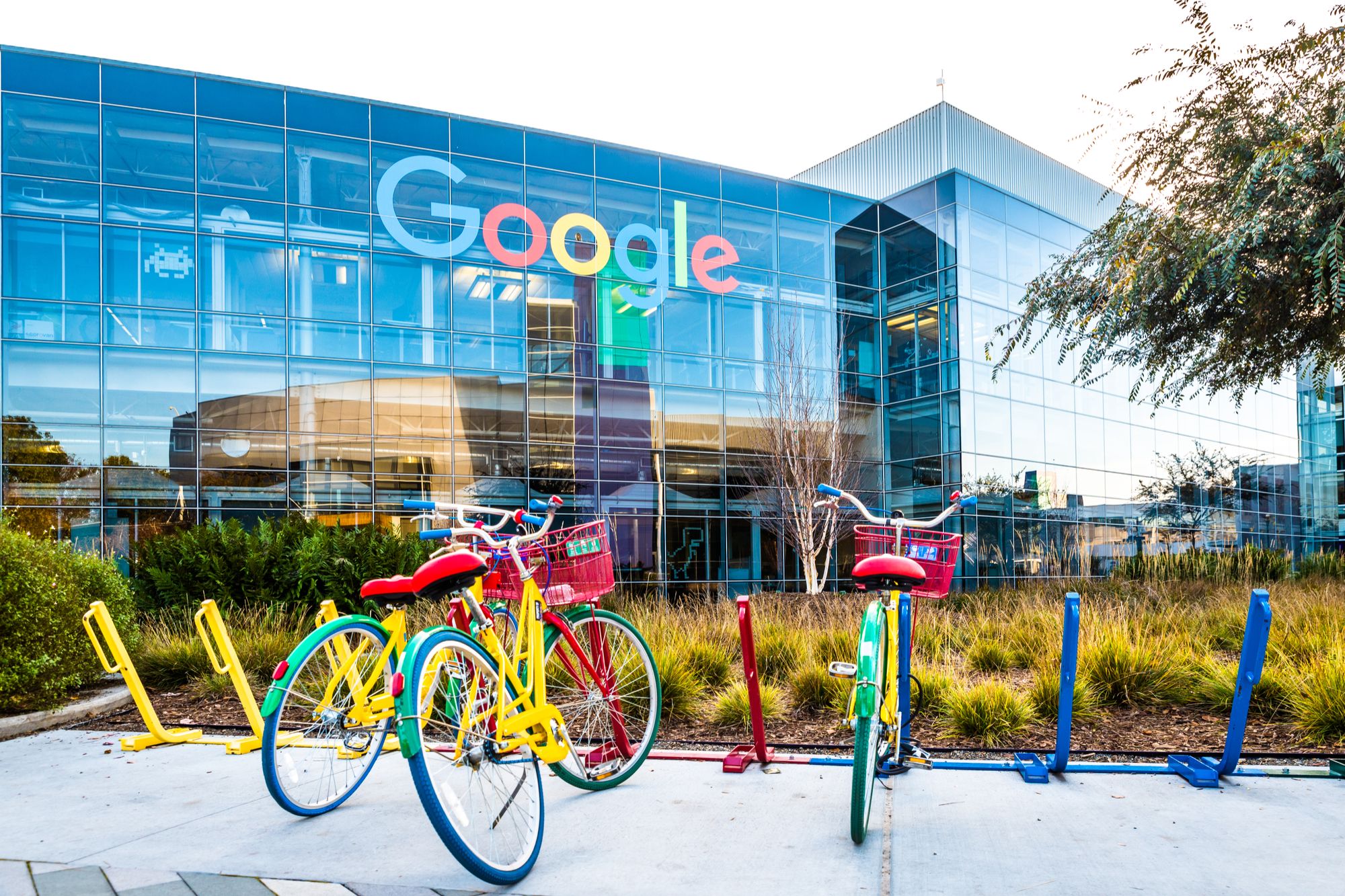The biggest problem with artificial intelligence in business isn’t what it predicts alone, but it’s that nobody knows how it reaches those predictions. A mathematics PhD student just solved that mystery for online retailers.
Deborah Okoli, studying at Mississippi State University, built something most tech companies have failed to deliver, which is machine learning that explains itself. Her system tells e-commerce businesses not just what will happen to their sales, but exactly why and when.
The Trust Problem in AI Business Tools
Companies feed in data about sales, marketing spend, and customer behavior. The system spits out predictions. But when executives ask “why should we trust this forecast?” the answer is usually silence.
This black box problem costs businesses billions. A study by McKinsey found that 85% of AI projects fail because business leaders don’t trust the technology enough to act on its recommendations. Without understanding the “why,” companies either ignore AI insights or make costly decisions based on unexplained predictions.
Okoli’s research addresses this trust gap head-on. “Forecasts should come with seatbelts. If the outcome could change drastically due to one new data point, decision-makers need to know that up front” she explains
Lag-Aware Machine Learning Changes Everything
Traditional AI models treat all business factors as if they impact sales immediately. Okoli’s innovation recognizes that business reality works differently. Some changes, like a productivity boost, might show up in next quarter’s sales. Meanwhile, research and development spending might take years to influence online revenue.
Her “lag-aware” approach examines economic drivers including labor productivity, research spending, employment levels, and capital investment. But instead of treating these as instant impacts, the system tracks how each factor influences sales over different time periods.
The system uses multiple techniques to ensure reliability. Rolling-window cross-validation simulates real-world conditions. Stability checks verify the model works across different time periods. Residual diagnostics catch missing patterns that could throw off predictions.
From Covenant University to Global Innovation
Okoli’s journey started at Covenant University in Ogun State, where she graduated with first-class honors in Industrial Mathematics. She earned recognition as the best student in her department before pursuing graduate studies in the United States.
She initially began her PhD at Tennessee Tech University before transferring to Mississippi State University, where she works under Professor Kim Seongjai from Mathematical Sciences and Professor Jason Shin from the College of Business. She also holds a Master’s degree in Education Research from the University of Hull in the United Kingdom.
Her academic background combines pure mathematics with practical business applications. Exactly the mix needed to solve AI’s explanation problem.
Real Business Impact Through Transparent Predictions
The practical benefits extend far beyond academic theory. Okoli’s system provides clear forecasts with confidence ranges and plain-language explanations. For instance, a spike in productivity might signal increased online sales within three months, while R&D investments could boost revenue over several years.
These insights help businesses plan inventory more accurately, adjust logistics before demand changes, and make strategic decisions with confidence. Companies can finally understand why their AI recommends specific actions.
The system works with various model types, from regularized regressions to tree-based algorithms. Explainability tools like feature attribution and partial dependence plots reveal how each variable influences predictions and whether impacts are immediate or delayed.
Building Trust in Business AI Decisions
Okoli tests every model rigorously before sharing results. Each prediction gets compared against traditional economic baselines to confirm the machine learning actually adds value beyond standard forecasting methods.
“This is important to confirm that the machine learning is actually adding value and not just giving us numbers,” she notes. The goal is building systems that business leaders can question, understand, and trust.
Her work focuses on openness and reproducibility. She develops forecasting templates that organizations can adapt to their own economic data, making advanced AI accessible to smaller businesses that lack massive tech teams.
Future Plans for Accessible AI Tools
Okoli plans to expand her research impact. She wants to create plain-language forecasting tools for non-technical users and develop AI templates that small businesses can adopt without extensive technical expertise.
Her vision includes open collaborations that raise standards for clarity and accountability across machine learning applications. The goal is making AI not just powerful, but trustworthy and understandable for everyday business use.
“As e-commerce continues to grow, it’s not enough to predict demand; we need to understand it. When machine learning becomes easy to understand, it becomes trustworthy. And when it’s trustworthy, it becomes useful” Okoli explains.
The research affirms that businesses can actually trust AI systems and use confidently. Okoli’s transparent approach offers a clearer path forward for AI-powered business decisions.














